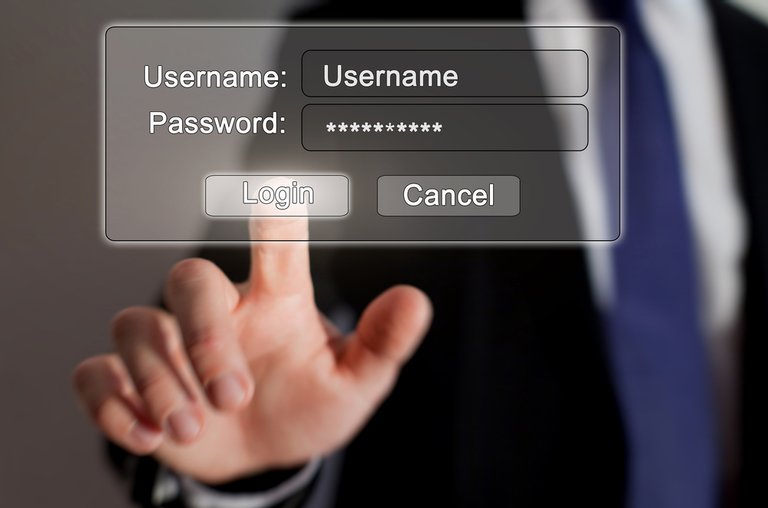a strong password is very important in the technology world, especially those related to social networking sites or online banking sites. And the question of knowledge by the wrong person is a disaster in itself, the normal password is not difficult to guess by the hackers, it was useful to give you some suggestions that must be taken into account when writing any password, provided by the site password generator, easy to use and specializes in the creation of password solutions theForces Yeh .
To prevent your passwords from being hacked through social engineering or multiple attack, and to keep your online accounts safe, you should consider the following:

⦁ Do not use the same password, security question, and answer for multiple task accounts.
⦁ Use a password that contains at least 16 characters, use at least one number, one large character, one small character and one special symbol.
⦁ Do not use your family names, friends or pets in your passwords.
⦁ Do not use postal codes, home numbers, phone numbers, birth dates, ID numbers, social security numbers etc. in your passwords.
⦁ Do not use any meaningful word in your passwords. Examples of strong passwords are: ePYHc ~ dS *) $ 8 + V- ', qzRtC {6rXN3N \ RgL, zbfUMZPE6`FC%) Sz. Examples of weak passwords are: qwert12345, Gbt3fC79ZmMEFUFJ, 1234567890, 987654321, and the Norton password.
⦁ Do not use two or more similar passwords, most of which are identical. For example, ilovefreshflowersMac, ilovefreshflowersDropBox, if one of these passwords is stolen, it means stealing all these passwords.
⦁ Do not use anything that can be cloned, but you can not change it (your passwords = your fingerprints).
⦁ Do not let your web browsers (Firefox, Chrome, Safari, Opera, Internet Explorer) store your passwords, since all passwords saved in web browsers can be easily detected.
⦁ Do not log in to important accounts on other people's computers, when connecting to a public Wi-Fi hotspot, Tor, VPN, or Web proxy.
⦁ Do not send sensitive information over the Internet via unencrypted connections (such as HTTP or FTP), because messages in these communications can be detected with minimal effort. You must use encrypted connections such as HTTPS, SFTP, FTPS, SMTP, and IPSec whenever possible.
⦁ It is recommended that you change your passwords every 10 weeks.
⦁ It is recommended to remember some key passwords, store other passwords in a plain text file and encrypt this file using 7-Zip, GPG, disk encryption software such as BitLocker, or manage your passwords using the password management software.
⦁ Encrypt and back up your passwords to different locations, and if you lose access to your computer or account, you can quickly recover your passwords.
⦁ Turn on 2-step authentication if possible.
⦁ Do not store important passwords in the cloud.
⦁ We recommend checking the site's popularity with the Alexa Toolbar to make sure it is not a phishing site before entering your password.
⦁ Protect your computer using the firewall and antivirus software, and block all incoming connections and all unnecessary outbound connections with the firewall. Download software from reputable sites only, verify that the MD5 / SHA1 / SHA256 checksum or GPG signature for the installation package is correct whenever possible.
⦁ Keep operating systems (such as Windows 7, Windows 10, Mac OS X, iOS and Linux) and web browsers (such as Firefox, Chrome, IE and Microsoft Edge) from your devices like Windows PC, Mac PC, iPhone, iPad and Android Tablet installed Latest security update.
⦁ Unplug your computer and mobile phone when not in use.
⦁ When disposing of hard drive or flash memory for some reason, be sure to destroy them completely so as not to reuse them and retrieve existing data may be passwords from them.
-----------
Hi! I am a robot. I just upvoted you! I found similar content that readers might be interested in:
http://passwordsgenerator.net/